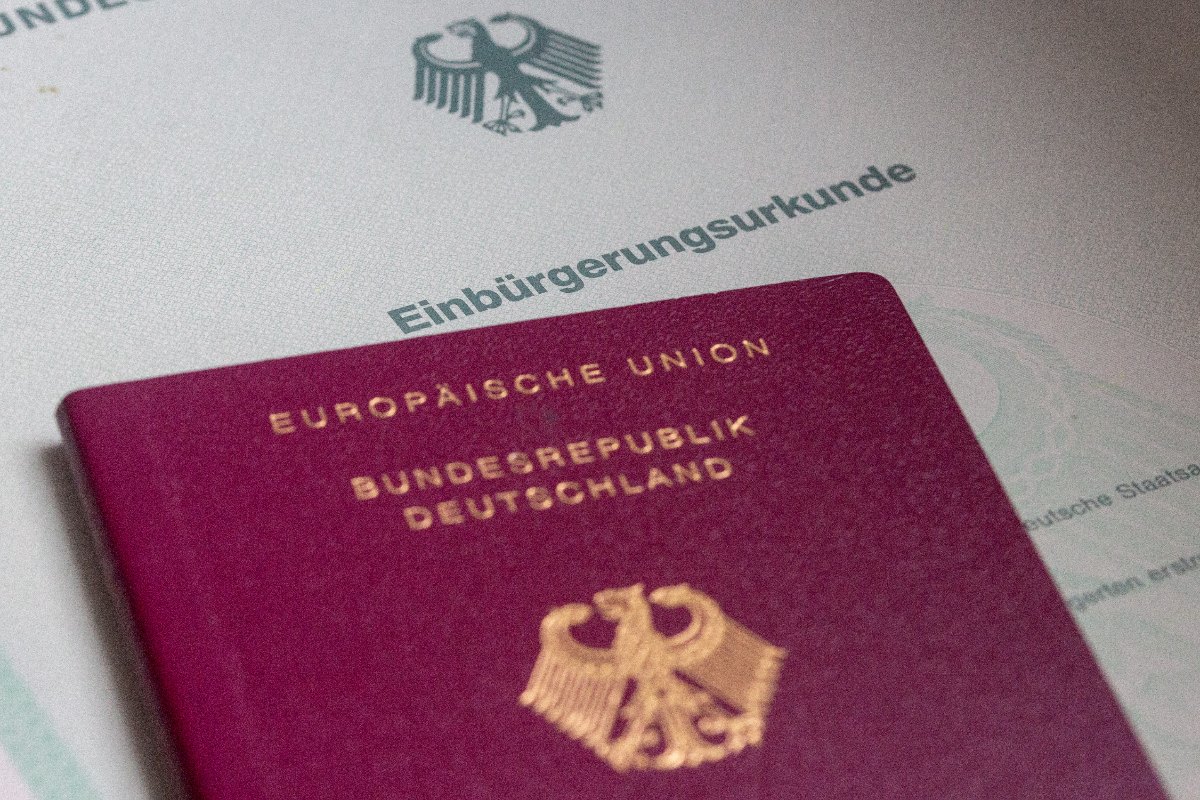The big day is around the corner, with Germans heading to the ballot box on Sunday, February 23rd.
Many people with a foreign background who have recently been granted German citizenship will no doubt be looking forward to exercising their civic right and making their voice heard.
In 2023, more than 200,000 internationals naturalised as Germans - and reports suggest that this number is soaring in the wake of Germany's new citizenship law introduced in summer of last year. In fact, throughout 2024 in Berlin alone, more than 21,800 people naturalised as German.
But there is still a large group of people who contribute to German society who are not eligible to vote.
At The Local, we have been asking readers to submit their questions on the election. The queries have covered a range of topics, from what happens on voting day to likely coalitions and the rise of the AfD.
We received this interesting question from Joseph, based in Rosenheim, Bavaria. He asked: "Although I pay taxes in Germany, I'm not allowed to vote. Why not?"
Many others might also be pondering why voting rights do not include those who contribute to the system.
In fact, around 10 million people in Germany are not allowed to vote due to their nationality.
To vote in Germany, you have to be over the age of 18 and you need to have been resident in Germany for at least three months of your life after you turned 14. German citizens who leave Germany retain their right to vote in federal elections for 25 years.
READ ALSO: Step by step - what to expect when voting for the first time in Germany
You also need to be on the electoral register to vote.
The key thing is that you have to be German. That of course includes dual nationals or those with multiple citizenships - but it does not include people with a residence permit who legally live, work and pay taxes in Germany.

Why is this?
That's a good question that we can only answer by saying: it's written into law and there is no real appetite to change it.
Germany's constitution (Basic Law or Grundgesetz) stipulates in Article 20, paragraph two that only German citizens have the right to vote - and stand - in federal and state elections. Foreign nationals without German citizenship are excluded from voting.
It's worth pointing out that there is an exception at the municipal and EU level under EU law. It means that nationals from EU member states can vote in local and EU elections.
But German authorities maintain that there is no obligation to introduce a right to vote for EU citizens in elections for the German Bundestag and state parliaments.
Rights regarding voting at various levels differ around the world. But notably, New Zealand allows permanent residents who don't have citizenship to vote in parliamentary elections.
READ ALSO: The ultimate guide to the 2025 German election
What we can add, however, is that some of Germany's high profile parties - such as those in the previous coalition (the Social Democrats, Greens and Free Democrats) as well as others are very keen for foreign nationals to gain German citizenship.
That's one of the reasons the government reformed the citizenship law, allowing dual citizenship for all, and reducing residency requirements.
CHECKLIST: What do I need to apply for German citizenship under new law?
Politicians have said they want to encourage people with a migration background who have settled in Germany to become fully integrated and take part in democracy.
Meanwhile, Germany's Left Party (Die Linke) does go further and says in its election manifesto that it believes residents who live in Germany long-term should be allowed to vote regardless of citizenship. However, as Die Linke is polling at around 7-8 percent - and frontrunners, the CDU/CSU, have ruled out working with them - it's extremely unlikely that they would get into the government after the next election.

Comments